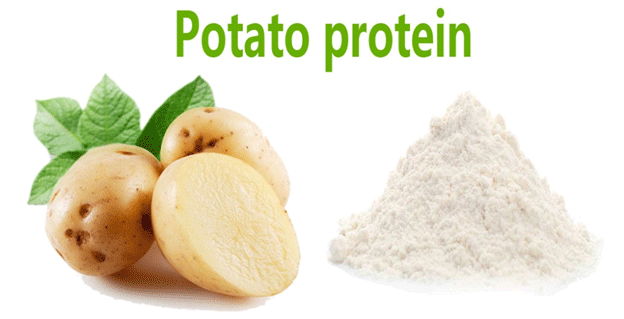Protein from Potatoes: PoLoPo’s Breakthrough in Molecular Farming Scales Up
As the global food system searches for more sustainable, efficient, and plant-based protein sources, Israeli startup PoLoPo has emerged at the forefront of molecular farming innovation. The company recently announced a significant milestone: its first successful field cultivation of transgenic, protein-enriched potatoes, yielding five tons—two tons more than expected—and enabling a doubling of protein sample production capacity.
PoLoPo’s breakthrough lies not only in achieving higher yields but also in scaling a functional protein production system that integrates seamlessly with existing food processing operations. With new lab equipment, PoLoPo can now produce hundreds of grams of high-value protein powders each month, significantly increasing supply to food industry partners.
Molecular Farming: A New Paradigm in Crop Use
PoLoPo’s technology represents a new frontier in metabolic engineering, where potato plants are transformed into “micro-biofactories”. Instead of growing food solely for caloric content, these genetically enhanced potatoes are cultivated specifically to produce target proteins—which are then extracted, isolated, and dried into powder form.
Importantly, although the source crop is genetically modified, the final protein product contains no genetic material and is therefore classified as non-GMO, opening pathways for regulatory approval and consumer acceptance in many markets.
This approach addresses multiple challenges:
- Land-use efficiency: High-value ingredients from conventional crops.
- Supply chain flexibility: Year-round replanting and indoor/outdoor scalability.
- Clean-label integration: Minimal processing, allergen-free, and plant-based.
Commercial Impact and Strategic Partnerships
PoLoPo’s first large-scale sample shipment is now en route to CSM Ingredients, a global leader in food ingredient innovation, to develop protein-enhanced baking solutions. The collaboration is part of the Generate startup incubator, jointly operated by CSM and HiFOOD (Italy), which focuses on clean-label, plant-based food ingredient development.
According to CSM’s internal analysis, global demand for plant-based functional proteins in baked goods is projected to grow by over 8% annually through 2030, driven by rising consumer interest in health, sustainability, and alternative proteins.
PoLoPo’s model offers key benefits over traditional protein sources:
- Lower environmental footprint compared to animal-based or even legume-based proteins.
- Integration into existing food production infrastructure with minimal reformulation.
- Geographic flexibility, allowing for protein production closer to demand centers.
Agricultural Implications: Opportunities for Farmers and Scientists
While PoLoPo’s transgenic potatoes are currently grown under controlled and specialized conditions, the concept opens a new pathway for future farming models:
- Contract farming of engineered crops for high-value biomolecules.
- Dual-purpose cultivation, where crops serve both food and biotech markets.
- Precision agriculture integration, supporting metabolic consistency across fields.
PoLoPo plans to replant throughout spring 2025, both to maintain protein availability and to validate results across seasonal conditions. These field trials will provide valuable agronomic data, helping optimize inputs, harvesting schedules, and yield forecasting models.
PoLoPo’s success in growing protein-rich potatoes at scale is a milestone for molecular farming and a compelling glimpse into agriculture’s future. By turning ordinary crops into powerful bioproduction platforms, the company is pioneering a sustainable, scalable, and commercially viable solution to meet the world’s rising demand for functional plant-based ingredients. For farmers, agronomists, and agtech professionals, this development signals a shift toward next-generation farming that adds value from root to table.







